Prince Djordje Karadjordjevic is a rather mysterious figure from the history of Yugoslavia. He was the first son of King Peter and the older brother of King Alexander.
The mysterious and mysterious member of the Karadjordjevic dynasty is a person about whom very little was known so far, and what was said was the subject of controversy and contradiction.
Although he was to inherit the throne, he had to leave it to his younger brother because of his "uncontrolled nature and uncontrolled outbursts of rage."
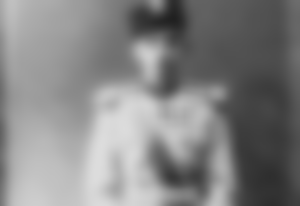
Often aggressive behavior led to the renunciation of the throne in 1909 in favor of his brother Alexander, the future king of Yugoslavia, under the pressure of certain political and court circles, but also propaganda coming from the domestic and Austrian press.
Opinions differ on how much the pressure on him was justified and how much the prince truly demonstrated his inability to take the throne by his behavior. They even called him a fascist, although he was among the first to see the danger of the coming fascism.
The people of Belgrade did not understand him:
Prince Djordje was educated in Paris, and then sent to St. Petersburg to the Military Academy. After the end of the Obrenović dynasty in 1903 in the May coup, Prince Djordje returned to Serbia with his family and became heir to the throne.
King Peter had high hopes for his eldest son. After all, the young man was prepared for a military career from an early age, and on one occasion the Russian Tsar Nicholas II himself praised him when he saw him at the academy in St. Petersburg.

However, not much has passed since the arrival of the family in Serbia, and Prince Djordje's behavior began to surprise Belgraders in many ways - he could ride all night, spend days hanging out with fishermen, running on cobblestones driving his car at the time. the only one in the whole country…
It was rumored that members of the Black Hand were afraid of the young prince, and even more to come to the throne. They knew that such a sudden young man would hardly be able to be controlled.
And so the digging against Djordje Karadjordjevic began. It was speculated that his food was poisoned, and in 1907 the prince's premises were completely blown up when a bomb exploded in them. It was a classic assassination attempt, but Djordje was not in that room at the time.
Heir to the throne who renounced the title:
The reason for the abdication was the annexation crisis. After occupying Bosnia and Herzegovina in 1878, Austria, under the auspices of Germany, set out to unite it and to penetrate through Raska into Macedonia and to reach the Aegean Sea. According to the principle of nationality, BiH was considered a Serbian state, so the Serbs rebelled.
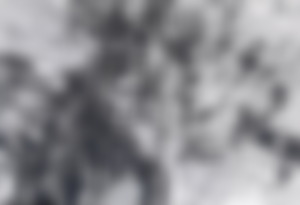
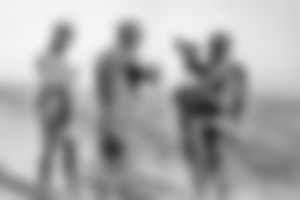
At a rally in October 1908, in front of 20,000 people, Prince Djordje burned the Austrian flag, regardless of the advice not to do so, and gave an incendiary speech that reached the ears of all European powers. It seemed that war was imminent, but Russia then sent a signal that it could not support Serbia and was not ready for an open conflict, and that Serbia had to come to terms with the current situation.
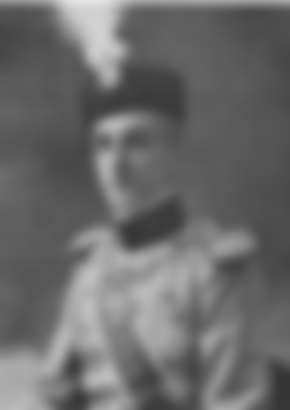
Djordje took this hard. He openly called Serbian politicians cowards, and he came into conflict with his father, King Peter.
As an incident later occurred with his servant - Stevan Kolakovic, who fell down the stairs under strange circumstances and died, King Peter issued a proclamation stating that Prince Djordje, the current heir to the throne, "be relieved of his functions as heir to the throne."
The proclamation was signed by the entire government led by President Stojan Novakovic, and the passions of all opponents of Prince Djordje fell silent.
The forgotten prince:
Atypical behavior - outbursts of anger, insults of domestic and foreign dignitaries and, at times, a tendency towards physical confrontations, was accompanied by a mania of persecution. All this was characteristic of the prince from his youth, and it especially began to manifest itself during the years of the First World War. It culminated in the period from 1922 to 1925.
Four years after the accession to the throne of Aleksandar Karađorđević and the death of King Petar, Djordje was arrested and imprisoned in the Special Psychiatric Hospital in Gornja Toponica in Niš. The diagnosis that he was mentally ill was signed by respected psychiatrists in Serbia at the time.
The prince remained in hospital even after his brother's assassination in Marseilles in 1934. He was only released by the Germans in 1941. There were rumors that the Nazis hoped they could persuade him to sit on the throne of occupied Yugoslavia. If this is true, Djordje turned down the offer, which earned him a reputation even among the Communists.
After the Second World War, the new government declared Karadjordjevic an enemy of the state, took away their citizenship and property. Prince Djordje was the only Karadjordjevic who remained in the country in Belgrade to live in seclusion as a pensioner.
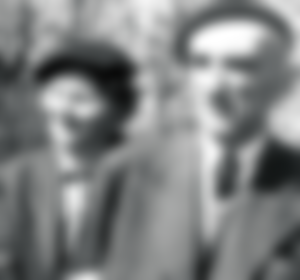
When the People's Liberation Army of Yugoslavia liberated Belgrade, Prince Djordje met with General Peko Dapcevic and congratulated him on his victory, and the latter offered him a state car and driver, but Djordje refused, explaining that he had a bicycle that was enough for him.
He died in Belgrade on October 17, 1972, at the age of 85. He was buried in the endowment of his father, the Church of St. Djordje in Oplenac near Topola. His wife Radmila was also buried next to him
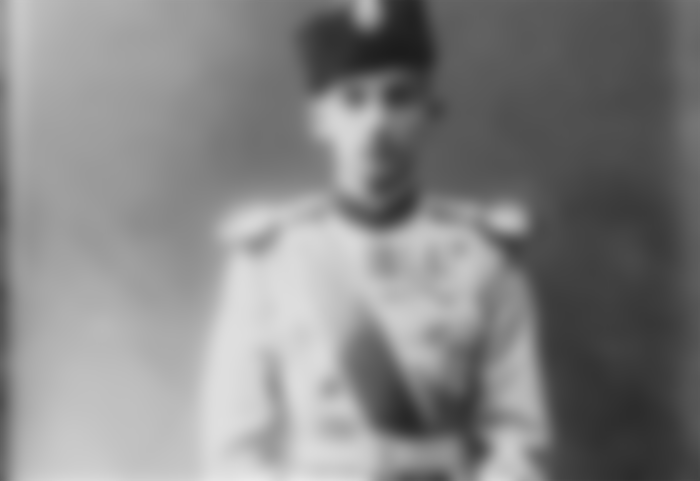
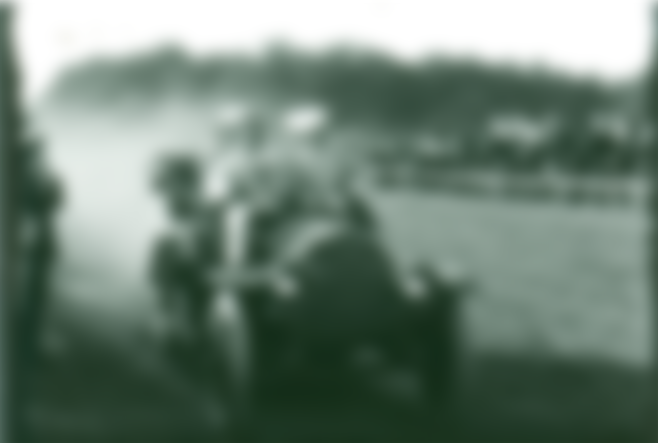
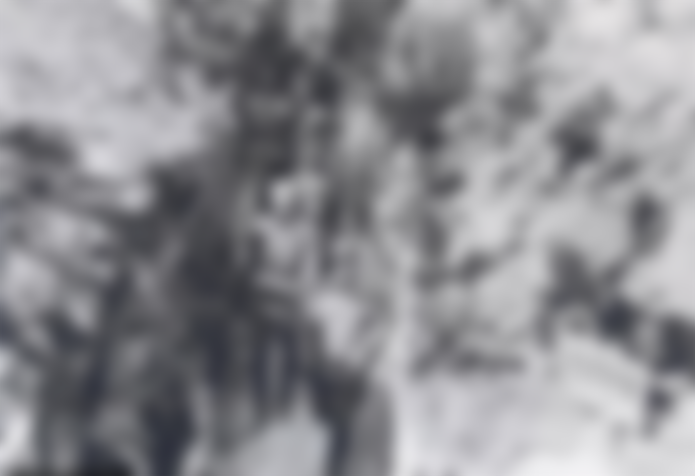
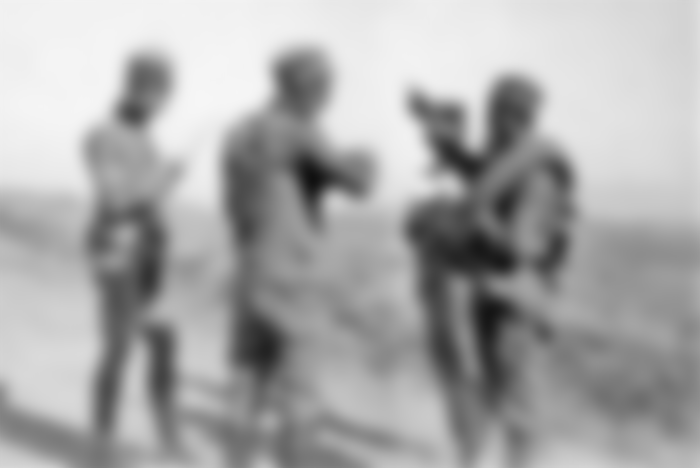
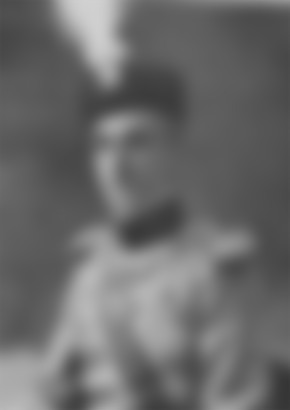
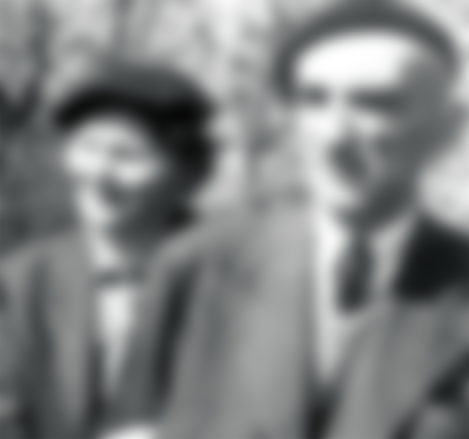
Atypical behavior - outbursts of anger, insults of domestic and foreign high personalities and, in some moments, a tendency towards physical confrontations, was accompanied by a mania of persecution. All this was characteristic of the prince from his youth, and it especially began to manifest itself during the years of the First World War. It culminated in the period from 1922 to 1925.